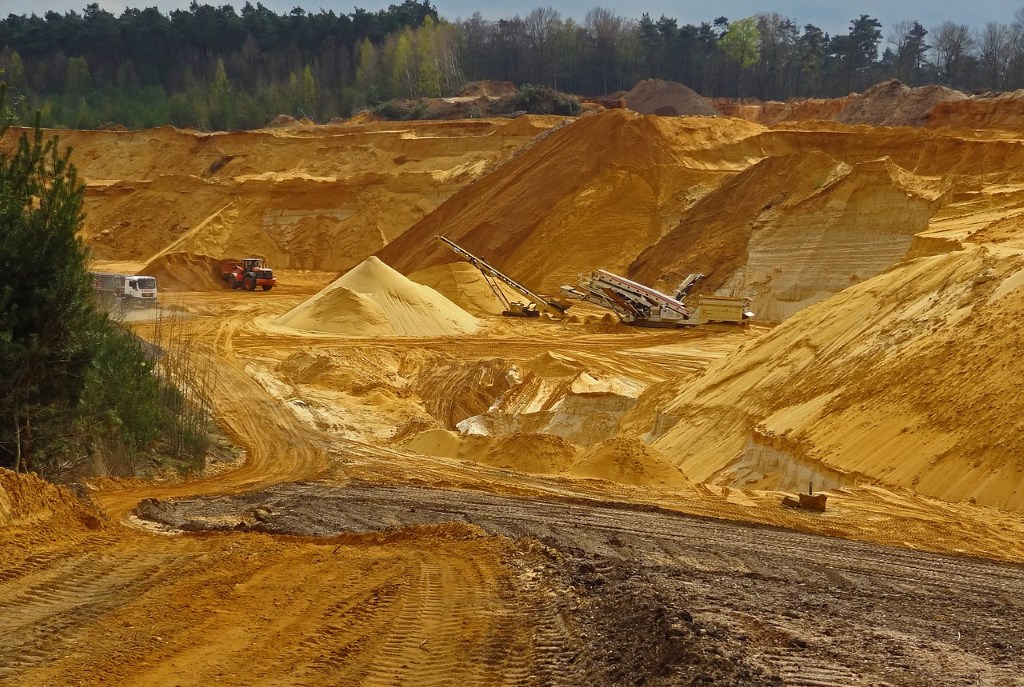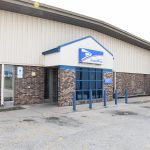Sand Mining Project Targets Wetlands
Meteor Timber donates $23,000 to state politicians, wants to destroy 17 acres of forested wetlands.
An out-of-state investment company wants to build a sand mining and processing plant in Jackson and Monroe counties that would eliminate about 17 acres of pristine forested wetland, according to plans being reviewed by state and federal regulators.
The project is sought by Meteor Timber, a company owned by Atlanta, Ga.-based Timberland Investment Resources. A Timberland executive and attorneys with Weld Riley, an Eau Claire law firm that represents Meteor, contributed about $23,000 since January 2010 to Republican and Democratic legislative and statewide candidates.
Jackson County supervisors approved a conflict of interest waiver in 2015 after Meteor Timber approached the county about partnering with it to test the land for possible mining. At the time, the law firm also served as the county’s corporation counsel.
Midwest Environmental Advocates, a Madison public interest law firm, wants the U.S. Army Corps of Engineers and the Department of Natural Resources to deny permits for the project. Wetlands are valuable habits for fish and wildlife and control flooding. Approval of the project would mean the largest single loss of wetlands for a sand project since at least 2008, and it could jeopardize Halls Creek, a tributary of the Black River and one of the top kayaking spots in the state, says Schmidt, who is also on the board of Friends of the Bad River.
Meteor owns about 50,000 acres of forestland in Wisconsin. State law was changed in 2012 by Walker and the GOP-controlled legislature to limit the amount of searching developers are required to do for their projects in order to avoid destroying wetlands.
John Behling, of Eau Claire, a Weld Riley attorney who is handling regulatory issues in the case, is also vice president of the University of Wisconsin System Board of Regents. He was appointed to the board by Gov. Scott Walker.
The top recipients of contributions since January 2010 from Timberland and Weld Riley attorneys include Walker, $10,300; GOP Sen. Sheila Harsdorf, of River Falls, $3,650; and Democratic Rep. Dana Wachs, of Eau Claire, $1,400.
The top contributors since January 2010 from the real estate company and the law firm were Behling, and his wife, Tabitha, $5,550; Attorney Paul Millis, of Black River Falls, $3,250; Attorney Steve Weld, of Eau Claire, $2,475; Christopher Mathis, of Atlanta, Ga., Timberland’s director of real estate, $2,000; and Attorney Michael O’Brien, of Eau Claire, and his wife, Julie, $1,505.
Sand mining started to grow rapidly in parts of northern and western Wisconsin about eight years ago because the petroleum industry uses it for hydraulic fracking. Fracking is a drilling technique that combines fine sand with chemicals and water to get at deep oil and natural gas deposits.
Matthew Rothschild is executive director of the Wisconsin Democracy Campaign.
Campaign Cash
-
Outside Groups Spent Record $28.8 Million on State Supreme Court Race
 May 7th, 2023 by Erik Gunn
May 7th, 2023 by Erik Gunn
-
Top 20 Donors to State Political Parties
 Apr 4th, 2023 by Peter Cameron and Hina Suzuki
Apr 4th, 2023 by Peter Cameron and Hina Suzuki
-
$38 Million Spent on High Court Race
 Mar 29th, 2023 by Erik Gunn
Mar 29th, 2023 by Erik Gunn























There will be no direct connection, but this sure smacks of bribery.
I’ve always admired the beautiful driftless hills of Wisconsin and remarked at how wonderful it would be to pulverize them and pump them deep beneath other States to extract some noxious gas that is then burned to nothing. Wisconsin Pride!!!
(hopefully obvious sarcasm)
I canoed Hall’s Creek and it is an amazing ecosystem with ferns, black cider pines and thick forest. We would grab canoes and paddles any time their was 1/2 an inch of rain or more to enjoy some rare white water in the southern half of Wisconsin. Often we would surprise deer drinking water. The sound of birds along Hall’s Creek (Morrison and Robinson Creeks too) in spring and early summer represent Wisconsin at it’s most natural. My questions are 1. Why are we giving permission to let southern state mining and lumber companies to come into our state forests? 2. What is their record with the environments down south where they have a history? Someone needs to do some research.